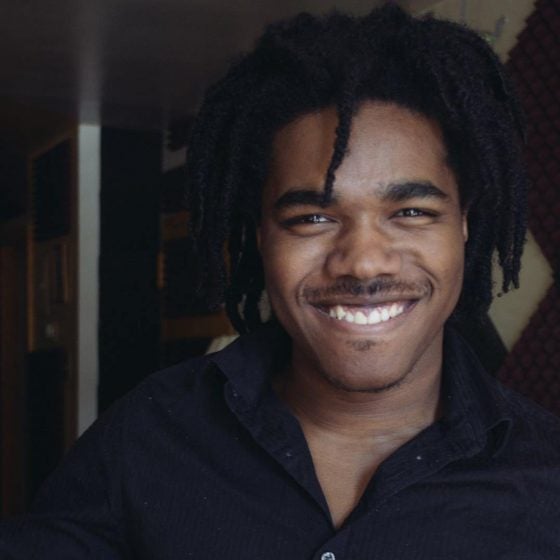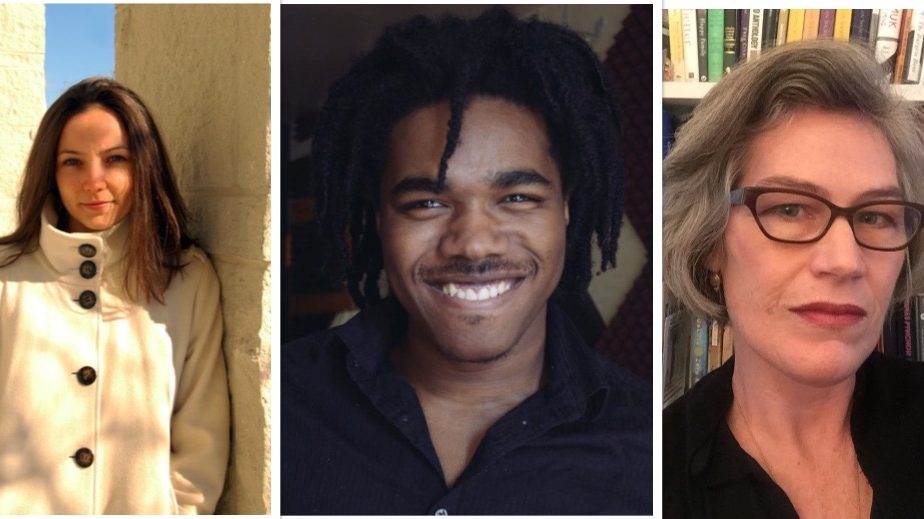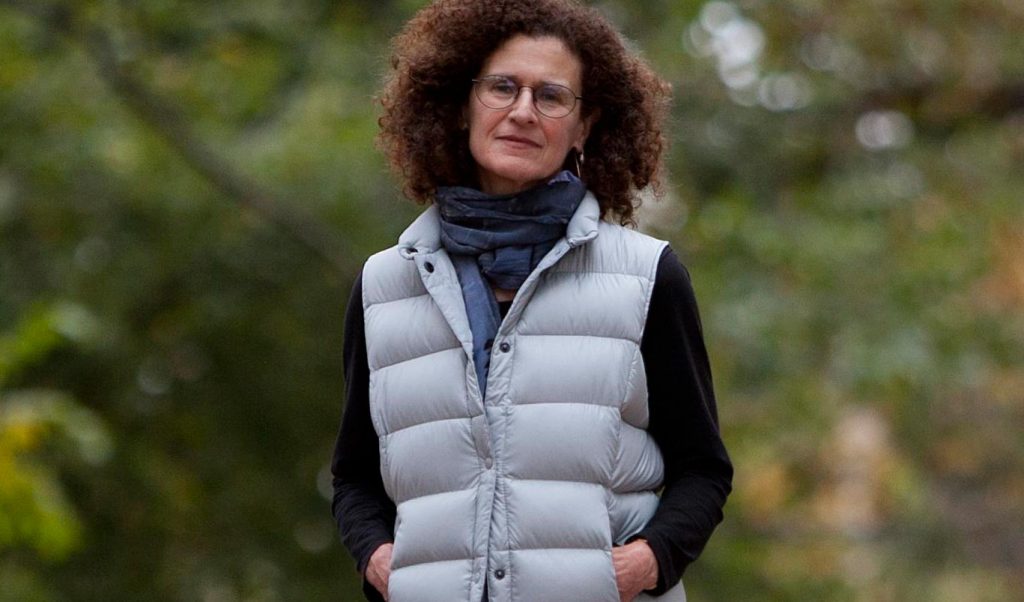
It’s impossible to disregard the authority in “This Is Not a Poem about Leah, Let Alone Zilpah and Bilhah,” a poem that in relatively little space communicates both ancient, matter-of-fact deliberation and contemporary urgency and immediacy, Jasmine Bailey seems to be drawing from a well so deep that it goes all the way through the earth, starting with what we can be tempted to forget and leaving us at the edge of what we might wish to deny. This poem won’t let us. It’s indelible and irresistible, patient in what it details and furiously resolute in its demands. –Raymond McDaniel

In “Recordable” Nkosi Nkuleko performs a kind of magic trick, in that the deceptively offhanded presentation, its ease and clarity, invites the reader to feel a sort of comfort that the speaker does not and cannot share, and which by the poem’s end upsets both what the reader assumes about what such direct, descriptive reportage is for and their sense of the speaker offering it. Metaphysics here is as lucid as a medical chart, and yet somehow all the more mysterious for that apparent discrepancy, which Nkuleko naturalizes so subtly that you can feel it happen without noticing when and how that naturalization occurs.–Raymond McDaniel

Elizabeth Gaffney’s precise and gripping story demonstrates how much can be done in a small space when the world is drawn with care and expertise; like any excellent piece of short fiction, “Six-X” is bigger on the inside than it is on the outside, a tiny door opening on an enormous room. Fitting, then, that Gaffney’s people are set so close to the unknown, and that uncertainty, wonder, and an ambitious, toothy curiosity drive the action and help bring about the story’s vivid, thrashing end–Michael Byers
Elizabeth Gaffney is a native Brooklynite. She graduated with honors from Vassar College and holds an M.F.A. in fiction from Brooklyn College; she also studied philosophy and German at Ludwig-Maximillian University in Munich. Her first novel, Metropolis, a Barnes and Noble Discover Great New Writers selection, was published by Random House in 2005. Her second novel, When the World Was Young, was published by Random House in 2014. Her stories have appeared in many literary magazines, and she has translated four books from German. She is currently working on her third historical novel, a novel-in-stories that includes the story “Six-X,” that was published in MQR, and a middle-grade novel about two deaf girls, set in Brooklyn, NY.Gaffney has been a resident artist at Yaddo, the MacDowell Colony and the Blue Mountain Center. She also teaches fiction at New York University and Queens University, NC, and serves as the editor at large of the literary magazine A Public Space. She lives in Brooklyn with her husband, the neurologist Alex Boro, and their two daughters.
The Lawrence Foundation Prize is awarded annually to the author of the best short story published that year in the journal. Gaffney is the forty-first winner of the prize, joining, among other authors, Charles Baxter, Paul Bowles, Susan Dodd, Clark Blaise, Sena Jeter Naslund, Rebecca Makkai, Alice Mattison, and Lynne Sharon Schwartz. The prize is $1,000, endowed by the Lawrence Foundation and its director, Leonard S. Bernstein, an alumnus of the University of Michigan and himself a fiction writer.



